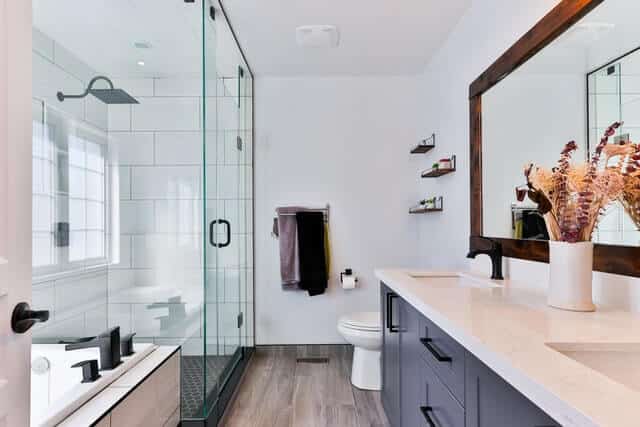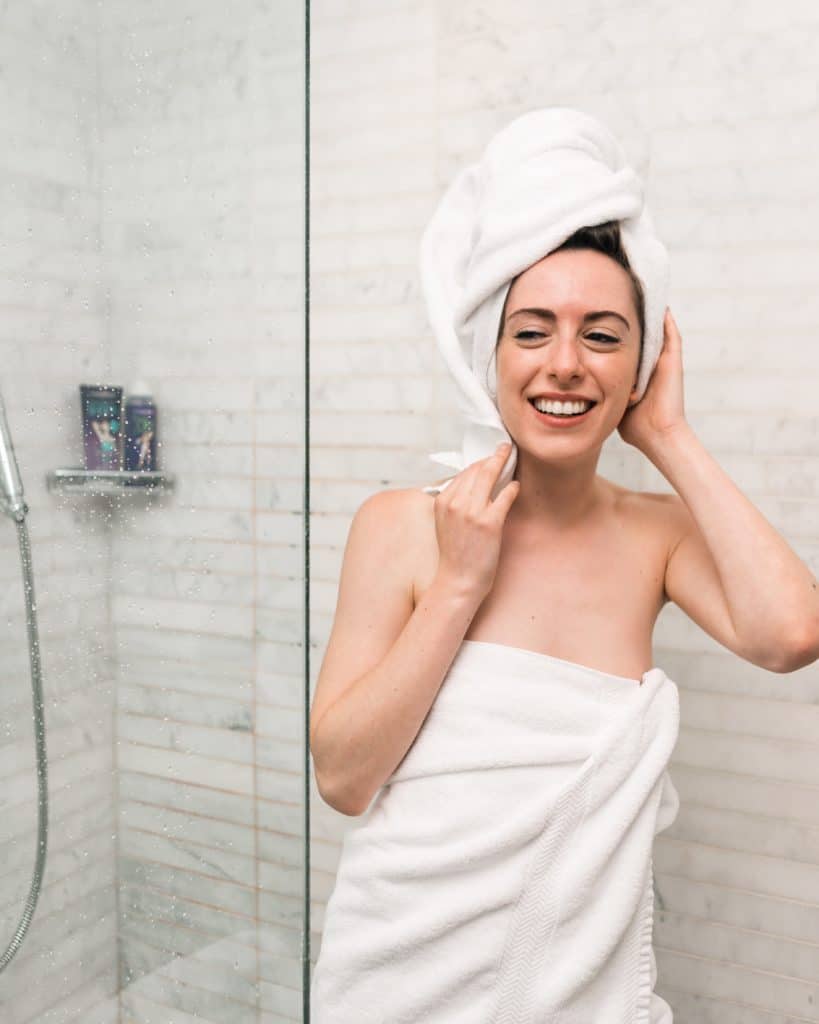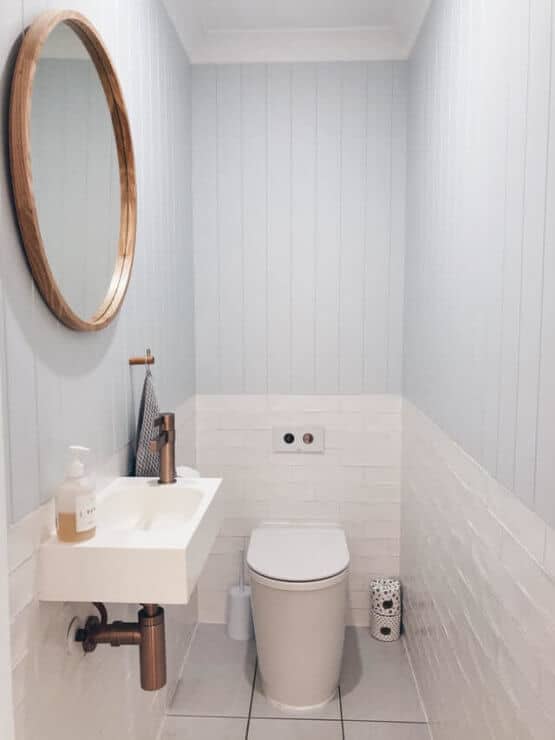If you’ve ever had any of your drains blocked, you know how annoying and frustrating it can be.
Within just a few days, the whole place starts to smell like something out of a horror movie, water starts puddling, insects and pests start meeting up; and just about all the bad things that can happen, start happening.
Blocked drains can have major harmful effects in and around your property. But there are a few dangers that should prompt you to clear blocked drains within hours of noticing one.
Let’s discuss the eight dangers of a blocked drain in your home. We hope by the end of this article, you are aware of the dangers and consequences of blocked drains that can be detrimental to your health and home.
Signs of A Blocked Drain
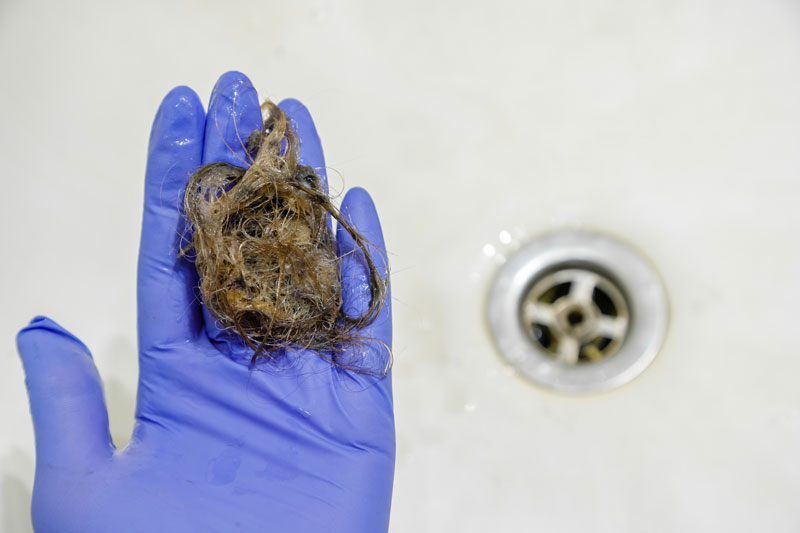
Before you freak out about the possible dangers of blocked drains in your home, you need to know how to spot a drain that’s clogged or has blockages. Here are some telltale signs of blocked drains,
- Water draining slowly.
- Odd gurgling sounds coming from the drain.
- Unpleasant smells from the sink or the drain.
- Water overflow or backup in the sink, tub, or drain.
- Standing water forming puddles near the drains.
- Pests circling around the drain.
- Bubbling in the toilet causing the air to bubble while flushing.
- Sudden changes in water level causing it to rise.
Related: Will Bleach Kill Drain Flies
Get Professional Help to Clear Blocked Drains
Expert plumbers know what it takes and how to fix blocked drains. In case that you don’t want to mess with dirty stuff, you can call a professional plumbers anytime.
8 Dangers of a Blocked Drain in Your Home
If you start to see your drains clog up, you’re going to want to take care of it as soon as you can. Do fix blocked drains within and around your home and make sure the repairs last you a while before they get blocked again.
Getting your drains blocked can not only be a nuisance to your overall sanity, hygiene, and mood, but it can also have some serious effects on your health.
Check out these eight dangers of a blocked drain in your home.
1. Water Damage
Blocked drains will cause water to back up and overflow, leading to water damage in your home. This can affect walls, floors, ceilings, and even valuable possessions, causing costly repairs and leading to mold growth. [1]
2. Foul Odors
Blocked drains can emit foul odors that permeate through your home, making it super-smelly and uncomfortable to live in. These odors can be difficult to get rid of and can affect your quality of life.
3. Structural Damage
If water from a blocked drain seeps into the foundation or structural components of your home, it can weaken the foundation over time. This can lead to instability, risking the safety and integrity of your property.
4. Spreading Germs
A blocked drain can lead to stagnant water accumulation. This water becomes a breeding ground for bacteria, germs, mold, and other pathogens. [2]
These germs can then be released into the air, potentially causing health issues for those living in the home and even around the property.
5. Pest Infestation
Stagnant water from blocked drains can attract pests such as mosquitoes, flies, and even rodents. These pests can carry diseases and cause serious health issues for you and your family.
6. Pipe Damage
The pressure from backed-up water and debris can cause stress on your plumbing system, leading to pipe damage and even bursting. Repairing or replacing damaged pipes can be expensive and pretty disruptive.
7. Allergies and Skin Problems
Standing water from blocked drains can lead to increased humidity levels in your home, which can lead to the growth of mold and mildew. Mold and mildew are allergens that can trigger respiratory issues and skin problems in those living inside the home.
8. Contaminating Food
If your kitchen sink drain gets blocked, it can cause stagnant water to accumulate and cause the growth of mold and other microorganisms.
This can contaminate any dishes or utensils that come in contact with the stagnant water, leading to foodborne diseases. If your food items or utensils come in contact with this water, it can cause serious food poisoning and other illnesses.
How To Avoid Blocked Drains At Home
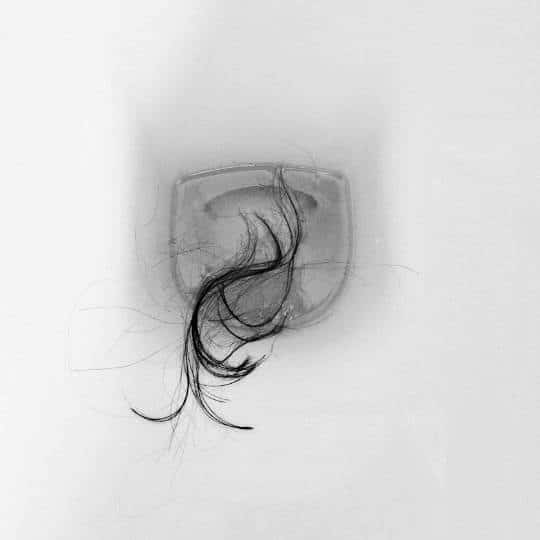
Now that you know what blocked drains can cause harm for you and your home, you need to know what to do to avoid getting blocked drains at home. Protect yourself and your family from all the dangers of blocked drains.
- Use Drain Covers: Put covers on the drain to catch debris and other stuff. You can get drain covers that let you retrieve debris easily, making it easier to keep your drain clean for a long time.
- Trash Responsibly: Throw trash in the right places. Don’t flush things you’re not supposed to flush. Yes, flushing does seem to get rid of some things you don’t want to throw, but over time, your sewer pipes can block up and accumulate debris, and guess what? Blocked drains are back in your life!
- Dispose of Grease: Don’t pour grease down the drain. Grease is thick and sticky, which can clog drains in seconds. So consider throwing grease in the garbage if you have to, but not down the drains.
- Regular Hot Water Flush: Flush with hot water regularly to prevent buildup and keep the pipes clean and clear. But don’t pour boiling water down the drains because it can melt the pipes and cause more harm than good.
- Hair Gone Wild: Use drain screens or netting to catch hair in the drain when you’re showering. Or just pick up the hair and throw it into the trash; hairballs are one of the most common causes of blocked drains. So keep loose hair in check and don’t let it collect on the drain.
- Food Scraps: This is a no-brainer. You might think small crumbs and dust are easy to dump down the drain, but over time, food scraps can accumulate and cause serious blockages in the drain. So don’t trash food scraps and residue down the drain; throw them away where they belong, in the trash.
- Clean Regularly: You have to clean your drains regularly to make sure they don’t block up frequently. Use natural cleaners to clean and keep the area around the drain dry and clean.
- Landscape Responsibly: For drains in the backyard or in the garden, keep the roots and tree parts away from the drain, as this can seriously damage the plumbing system and badly block the drains.
- Educate and Inform: Let your family and friends know about the problems associated with blocked drains. Keep them informed as to how they can and should take care of blocked drains. Teach children proper ways to dispose of trash and its effects on the environment. Help them become aware of the importance of responsible disposal.
- Contact Professionals: If you still manage to get your drains blocked despite maintaining your drain safely, you should call an expert plumber to come and unblock it. They have the right equipment and are trained to deal with severe drainage problems. Professionals will also be able to detect and fix more severe issues that lead to blockage, like clogged pipes, damaged lines or pipe corrosion.
Conclusion
There you go! We hope our guide has helped you better understand the dangers of blocked drains. If you didn’t know the severity of having your drains clogged, you know now.
Not only can it negatively affect our homes negatively, but also the health of ourselves and our families. From allergic reactions to long-term breathing issues, blocked drains are a lot more serious than they look.
Share this handy guide with your friends and family to enlighten them about the dangers and consequences of blocked drains. Trust us when we say that most people are unaware of these problems even existing in the first place.
FAQs
- Why Does My Drain Smell Bad?
Ans: Foul smells and odors from drains are caused by things like food, hair, and sanitary products getting trapped in the pipes and decaying over time. Bacteria thrive on this decomposing matter, emitting a bad smell. Make sure your drains are being cleaned regularly, and call professionals if things get worse.
- What Type of Bacteria Grows In Blocked Drains?
Ans: Blocked drains are a thriving environment for bacteria such as salmonella and E.coli, which are among the most common pathogens found. These bacteria can cause major illnesses if they enter the living spaces and contaminate your food.
- What Kills Bacteria In The Drain?
Ans: Pouring one or two cups of chlorine bleach while cleaning it can help eliminate bacteria in the drain. Pour bleach slowly down the sides instead of straight down the middle, which can mix with any blockages, making it worse.

Michael Davis is a heating & plumbing expert who currently works as independent contractor in SC. He also writes for Plumbertip.
For almost 10 years he worked on various plumbing tasks across South Carolina.
